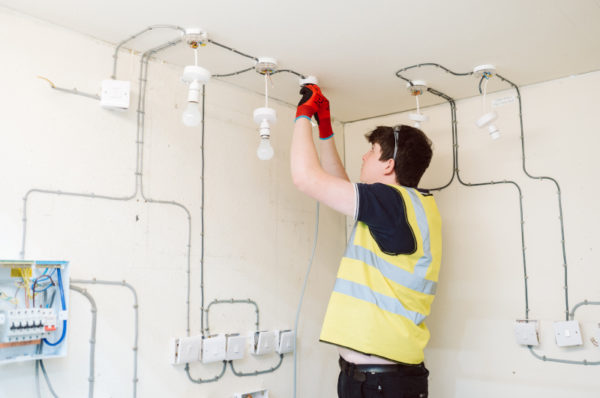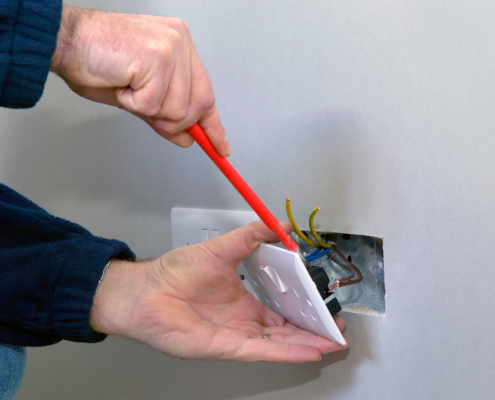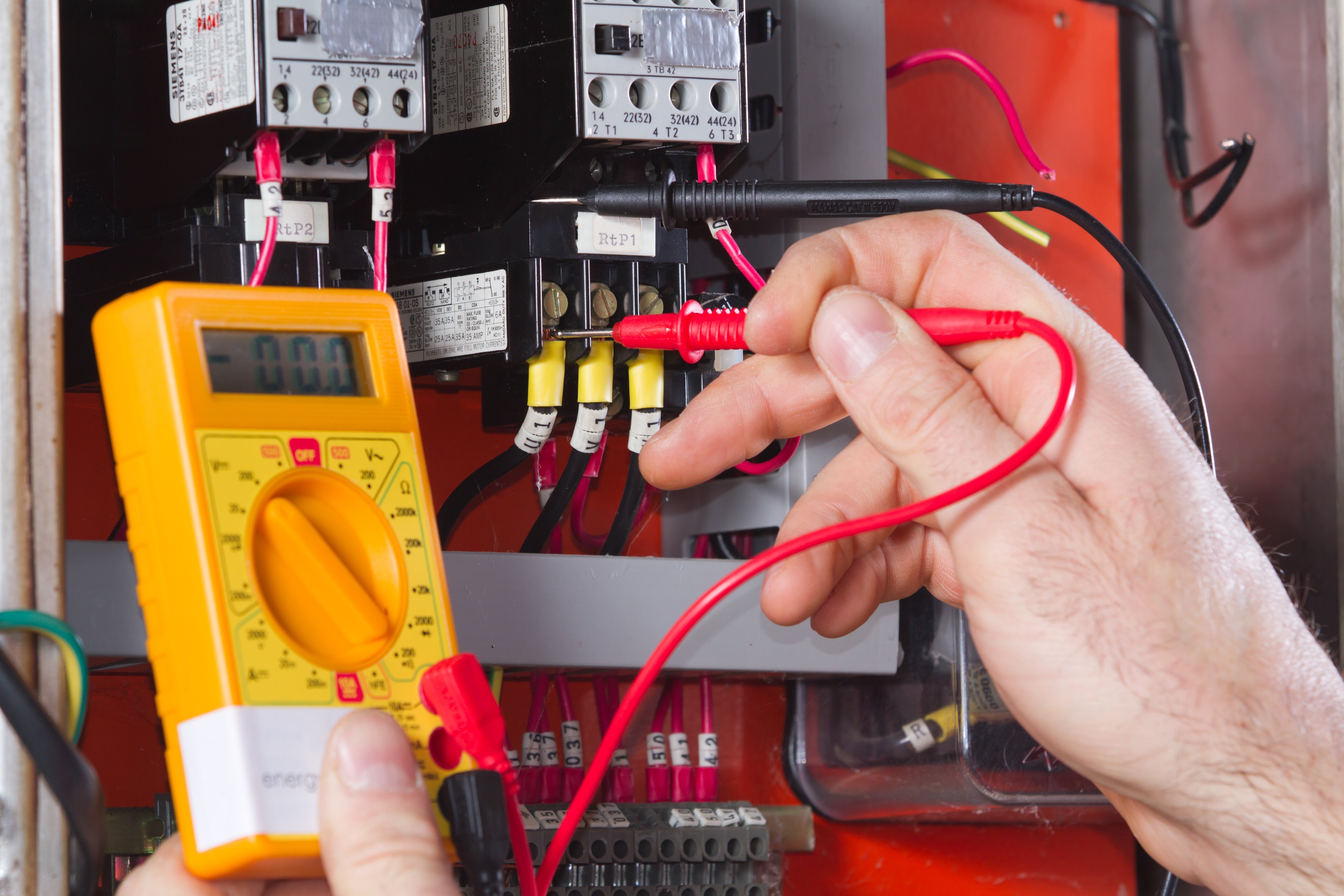Discover the Best in BRE Services for Electrical and Automation
Discover the Best in BRE Services for Electrical and Automation
Blog Article
Checking Out the Globe of Electric Setup: Typical Errors to Avoid for a Smooth DIY Task
From ensuring safety and security procedures are met to abiding with electrical codes, the trip into the globe of electrical job demands focus to detail and accuracy. By being conscious of these pitfalls and exactly how to avoid them, you can navigate the detailed landscape of electrical installment with confidence and make certain a smooth job execution.
Inadequate Security Precautions
In electrical installment tasks, ignoring appropriate security precautions can lead to unsafe scenarios that threaten both individuals and residential property. Incorrectly grounded electric systems can lead to electric surges and tools damages. By adhering to safety and security procedures, including correct training, making use of security equipment, and adhering to guidelines, individuals can minimize dangers and promote a safe and secure electrical installation setting.
Incorrect Cable Sizing

Wrong cord sizing can also influence the general effectiveness of the electrical system. Small cables can trigger voltage decreases, bring about inadequate performance of electric tools and devices. Extra-large cables, while not as damaging as undersized ones, can still result in unnecessary expenditures and ineffective usage of resources.
To avoid these troubles, it is necessary to stick to correct cable sizing guidelines based upon the electric tons requirements of the installment. Consulting with a specialist electrical contractor or referencing the National Electrical Code (NEC) can help make certain that the cables are sized correctly for a safe and reliable electrical installation.
Overlooking Grounding Needs
One vital aspect often neglected in electrical installations is making certain conformity with proper grounding needs. Grounding is a fundamental safety and security function that protects versus electrical shocks and protects against devices damages. Ignoring grounding requirements can cause major effects, consisting of the risk of electrical shock, fire risks, and equipment breakdown. To ensure appropriate grounding, it is necessary to adhere to the National Electrical Code (NEC) standards and regional laws.
Grounding functions as a path for electric currents to flow safely right into the planet, avoiding the accumulation of excess voltage that can harm people or devices. It also helps to support voltage levels and improve the total performance of the electrical system. Proper grounding involves connecting electric tools and steel units to the ground wire, grounding rod, or grounding plate. It is critical to use the correct gauge of cable for grounding objectives and to ensure all links are safe and secure and without corrosion.

Ignoring Local Building Regulations
Overlooking adherence to neighborhood structure codes can position considerable dangers in electrical installations, possibly compromising precaution and system reliability. Neighborhood building regulations are developed to make sure that electric work fulfills particular safety and security requirements and regulations established by the authorities. Ignoring these codes can cause serious repercussions, such as electrical fires, electric shocks, or damages to the residential property.
Local structure codes generally cover different aspects of electrical installments, consisting of electrical wiring approaches, electrical outlet placements, circuit security, and grounding needs. Failure to follow these codes might cause fines, stopped working inspections, or the requirement to remodel the entire electrical work, causing unnecessary expenses and hold-ups.
To stay clear of the pitfalls of disregarding regional building regulations, it is crucial for DIY lovers and also specialists to familiarize themselves with the appropriate guidelines prior to starting any electrical project. Consulting with local authorities or employing an accredited electrical expert for guidance can help guarantee that the electric setup fulfills all the essential code needs, advertising a secure and reliable electrical system in the long run.

Poor Preparation and Company
Have you taken into consideration just how thorough preparation and company are critical aspects in ensuring the success and security of an electrical setup task? Poor planning and company can result in a myriad of concerns, ranging from job hold-ups to major safety and security risks. One usual mistake is taking too lightly the scope of job involved in an electrical installment, which can result in inadequate products or inadequate preparation. Without a thorough plan detailing the actions, timeline, and required sources, do it yourself enthusiasts may discover themselves bewildered and prone to errors.
Additionally, lack of organization can bring about confusion regarding the layout of electrical elements, potentially triggering damaged links or circuits. Failing to classify cords properly or keep track of circuit diagrams can result in troubleshooting nightmares down the line. Additionally, poor planning in terms of budgeting and procurement can lead to unnecessary expenses or hold-ups in finishing the task.
To stay clear of these challenges, put in the time to develop a detailed plan, gather all required products and devices in advance, and make sure that you have a clear understanding of the job scope before beginning - BRE Automation Australia. Appropriate organization and planning are key to an effective electric setup job
Conclusion
To conclude, it is critical to focus on security, proper BRE Electrical preparation, and adherence to regional codes when carrying out electric installation projects. Staying clear of typical mistakes such as poor security precautions, wrong cable sizing, overlooking grounding demands, and poor preparation can guarantee a smooth do it yourself job. By following these standards, individuals can efficiently navigate the globe of electrical installment with self-confidence and performance.
Report this page